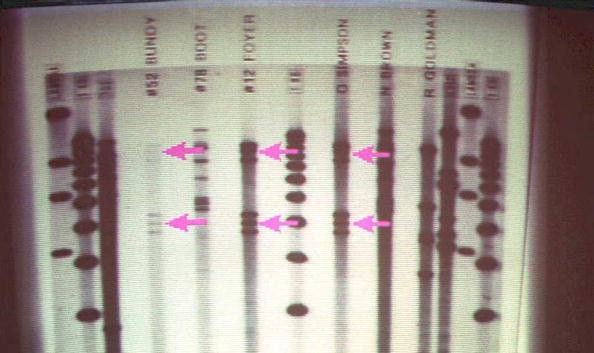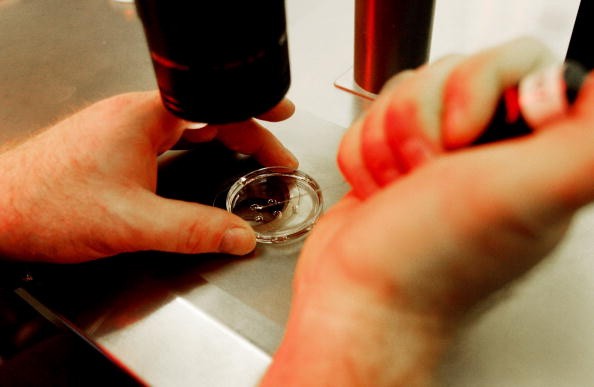A CRISPR gene therapy volunteer mysteriously died after he participated in one of the first studies to test the treatment's efficiency.

Terry Horgan, a 27-year-old Duchenne muscular dystrophy patient, died in September. The non-profit biotech company, Cure Rare Disease, confirmed his death.
This health organization was founded by his brother, Rich Horgan, who tried to save him from his rare health condition.
CRISPR Gene Therapy Volunteer's Death Raises Questions
According to US News' latest report, it is unclear if the CRISPR gene therapy is the main cause of Terry's death.

But, since he died during a test involving the gene-editing tech, his case is now raising questions.
"This whole notion that we can do designer genetic therapies is, I would say, uncertain. We are out on the far edge of experimentation," said Arthur Caplan, a medical ethicist at New York University.
However, CRISPR is still considered a new gene-editing technique. Because of this, CRISPR researcher, Fyodor Urnov, said that any death involving this therapy is an opportunity for the medical field.
He explained that volunteers who passed away during medical experiments should be grieved.
But, Urnov further stated that the health field should learn as much as they can from their deaths.
Is Gene-Editing Safe?
Gene-editing therapies are still being enhanced. Although it has been almost thirty years since this medical tech was developed, gene therapies are still imperfect.
Medline Plus reported that gene-editing therapies could lead to serious health risks. These include cancer, toxicity, as well as inflammation.
But, various medical organizations and independent researchers have been studying how to make gene editing less dangerous.
Gene editing is currently one of the most advanced health treatments because it can alter human DNA.
If successful, rare diseases, such as AIDS, hemophilia, heart complications, etc., could be prevented.
Gene therapies are just among the advanced biotechnologies that are being enhanced.
Previously, a new heart attack-detecting AI was developed.
Aside from this, experts developed a new device that can bring a new artificial pancreas as an implant for the human body.
For more news updates about gene editing and other health treatments, keep your tabs open here at TechTimes.
Related Article : New Research Shows Colloidal Crystals Can Shape-Shift And Have Memories
This article is owned by TechTimes
Written by Griffin Davis
ⓒ 2025 TECHTIMES.com All rights reserved. Do not reproduce without permission.




